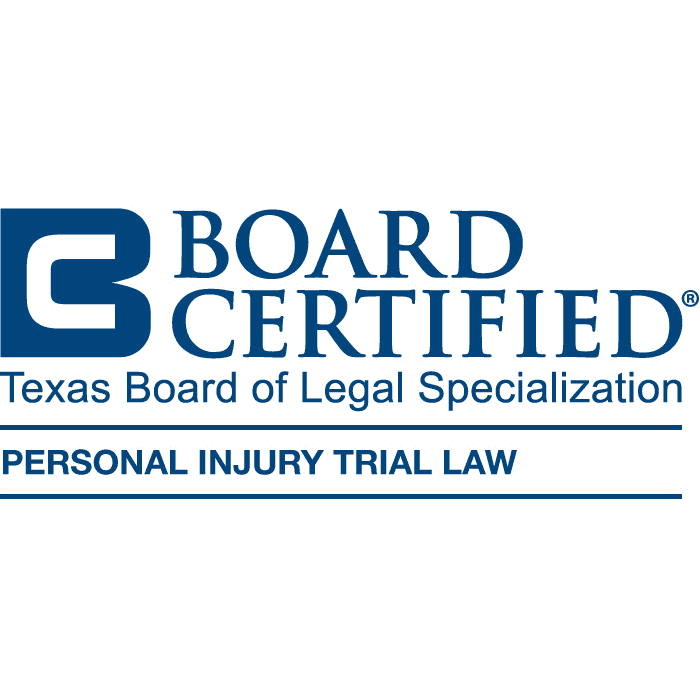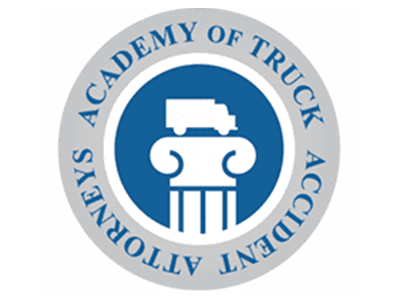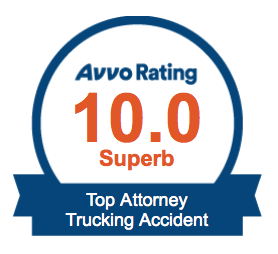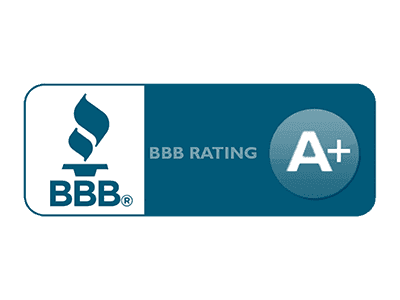
Because Your Victory Is Our Victory
Beaumont 18-Wheeler Brake Accident Attorney
18-Wheeler Brakes
Driving an 18-wheeler is very different than driving a regular passenger vehicle. This is why truckers are required to have special drivers’ licenses, keep logbooks, and follow a host of other specific regulations. Though most people intuitively understand that 18-wheelers handle differently than passenger cars, they may not understand why and how. Part of the reason is because of the sheer increase in size.
18-wheelers are about sixteen times heavier than passenger vehicles, have a much larger turn radius, and reduced maneuverability. Another major difference is that 18-wheelers have large blind spots which often make other motorists invisible to them. There are also vast differences in the brakes and stopping distances.
If you have been injured in an accident involving an 18-wheeler brake issue, contact Dugas Law Firm for a free consultation.
Passenger Vehicle vs 18-Wheeler Brake System
The first major difference is that 18-wheelers use a completely different braking system than passenger vehicles. A passenger vehicle, such as a car, light truck, or SUV uses a hydraulic braking system. When the car’s driver pushes on the brake pedal it in turn pushes on a hydraulic cylinder. The hydraulic cylinder then sends pressurized hydraulic fluid, or brake fluid, as it is commonly called, to the hydraulic pistons on the car’s wheels. These pistons engage the brake pads, which then press against metal surfaces and slow the car down.
Hydraulic Brake System vs Air Brake System
The hydraulic brake system is not suitable for 18-wheelers because the trailer must be frequently connected and disconnected from the tractor. Additionally, the larger scale that would be needed for the system to work on the much larger trucks would not translate well. Instead of hydraulic fluid and a hydraulic brake system, 18-wheelers use compressed air and an air brake system.
How Do Air Brakes Work?
When the truck driver presses on the brake pedal it causes air to move through the airlines and into the brake chamber. The air then forces out a push rod that pushes against the slack adjuster. This causes a camshaft to turn, which twists an S-shaped piece of equipment known as the S-Cam. This makes the brake linings come into contact with the brake drum, thereby creating friction and slowing down the truck.
To function properly, the truck’s air braking system must perform several important tasks. It must keep a steady flow of compressed air, and it must direct that air’s flow. It also must take the energy present in the air pressure and convert it into mechanical force to stop the truck.
What Are the Pros and Cons of Air Brakes?
One big advantage of air brakes is that they are reliable. With a hydraulic brake system, the system will fail if there is a leak resulting in the brake fluid draining away. By contrast, air brakes will work even if there is a small leak in the system. Additionally, most big rig trucks feature a dual brake system. If one system fails, the other system kicks in.
However, air brakes also come with some significant drawbacks. The biggest drawback is that there is a delay from the time the trucker presses on the brake pedal until the truck actually begins to stop. This is commonly called a brake lag. The lag is due to the time it takes for the air to get through the system and causes the brake linings to come into contact with the brake drum. There is no significant brake lag in passenger vehicles; as soon as a driver presses the brake pedal the car begins to slow down.
The brake lag in big rig trucks is relatively small—approximately a second or less. But, as anyone who has ever been involved in an emergency situation knows, a second can have a significant impact on whether or not the vehicle is able to stop. This problem is compounded by the massive increase in size of 18-wheelers. The larger size of the vehicle creates extra momentum that needs to be overcome before the truck can stop. This all results in big rig trucks having a stopping distance approximately 40% further than passenger vehicles, and that’s if everything goes right and the trucker is paying attention and has quick reflexes.
Disc Brakes vs. Drum Brakes
It may relieve some to know that there is a better brake system available for big rig trucks. While still utilizing the air brake system, some trucks come equipped with disc brakes instead of S-Cam brakes. Disc brakes work similarly to the conventional model except that a power screw replaces the S-Cam. The power screw grasps a disc or rotor between a caliper’s brake lining pads.
This system creates several important advantages. It allows for continual pressure to be applied, making it easier for the 18-wheeler to come to a complete stop. It also reduces wear and tear on the brake linings of the trailer and the disc pads on the tractor. Ultimately, it even helps eliminate much of the brake lag compared to the typical drum brake system. This reduces the stopping distance significantly.
Unfortunately, big rig trucks with disc brakes are rare in the United States. In Europe more than 80% of commercial trucks use disc brakes. In the United States, only about 5% of commercial trucks use them. The reason is that disc brakes are not required by law and making the change would be time consuming and expensive.
How Dugas Law Firm Can Help
These differences in brakes between an 18-wheeler and a passenger vehicle add up to one simple, very important fact: 18-wheelers need more time and space to stop. Drivers should protect themselves by never cutting closely in front of an 18-wheeler and by allowing the 18-wheeler to pass if they are following too closely.
The sad reality is that sometimes there is nothing a motorist can do to prevent an 18-wheeler from hitting them. If that occurs, the only recourse left may be to seek justice in a court of law. Our Beaumont truck accident lawyers are ready to protect your best interests.
Call (409) 226-0990 to schedule a free consultation with our Beaumont truck accident attorneys. We offer representation in English and Spanish.
Awards & Certifications

Focused On Our Clients
-
"Attorney Dugas and his staff were always professional, responsive, and truly had my best interest at heart."Kylie
-
I believe he always had my best interest in mind and would recommend him to anyone.
Jerry -
"Attorney Dugas is a gifted, highly skilled experienced attorney."Anonymous
-
Over Four Decades of Trial Experience
-
Over 250 Jury Trial Cases
-
More than 100 Million-Dollar Results











.2305231407550.png)




